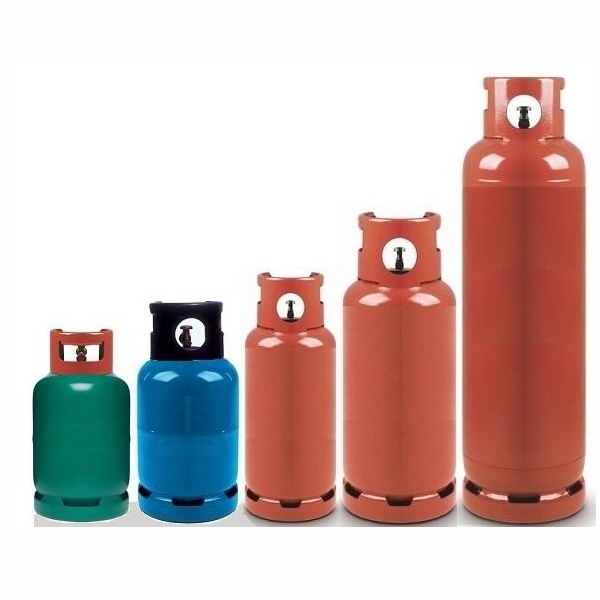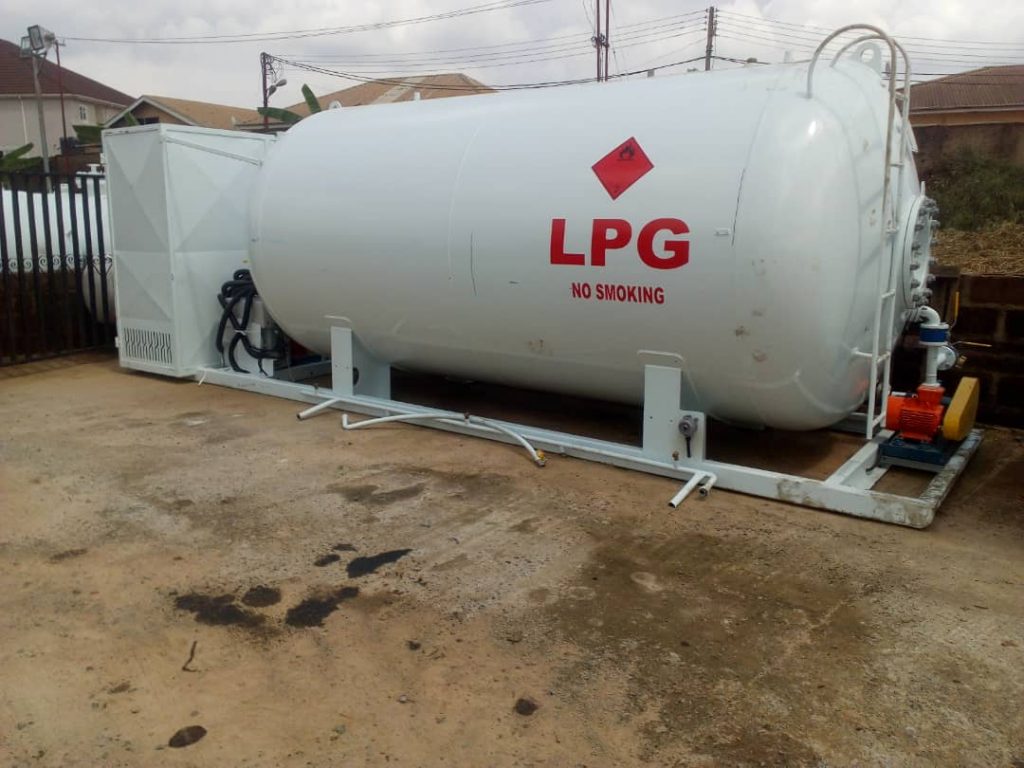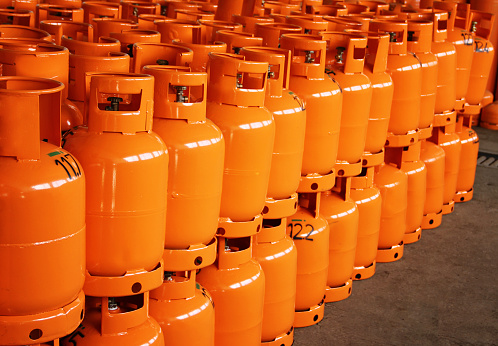Nigeria’s Senate passed the Petroleum Industry Governance Bill on Thursday. The bill, which still has to pass through the lower house and be approved by the president, is one of several under the umbrella of the Petroleum Industry Bill.
It calls for the creation of three companies, the Nigeria Petroleum Assets Management Company, National Petroleum Company and the Nigeria Petroleum Liability Management Company; a distribution fund, the Petroleum Equalisation Fund; and a regulatory commission, the Nigeria Petroleum Regulatory Commission.
Under the latest version of the bill, the commission would have the power to grant, amend, renew, extend or revoke petroleum licences and leases.
The country’s hydrocarbons industry is still largely governed and regulated by the Petroleum Act of 1969, which the government has been trying to replace with the Petroleum Industry Bill. First drafted in 2007, the bill has been stuck in the legislative apparatus for the past decade.
President Muhammadu Buhari, who has been on medical leave since May 7, was tasked with cleaning up an oil and gas industry widely accused of corruption under the leadership of his predecessor, Goodluck Jonathan.
One of President Buhari’s first acts in office was to dismiss the entire board of national oil company Nigerian National Petroleum Corporation, in a bid to root out bad practices and corruption.




